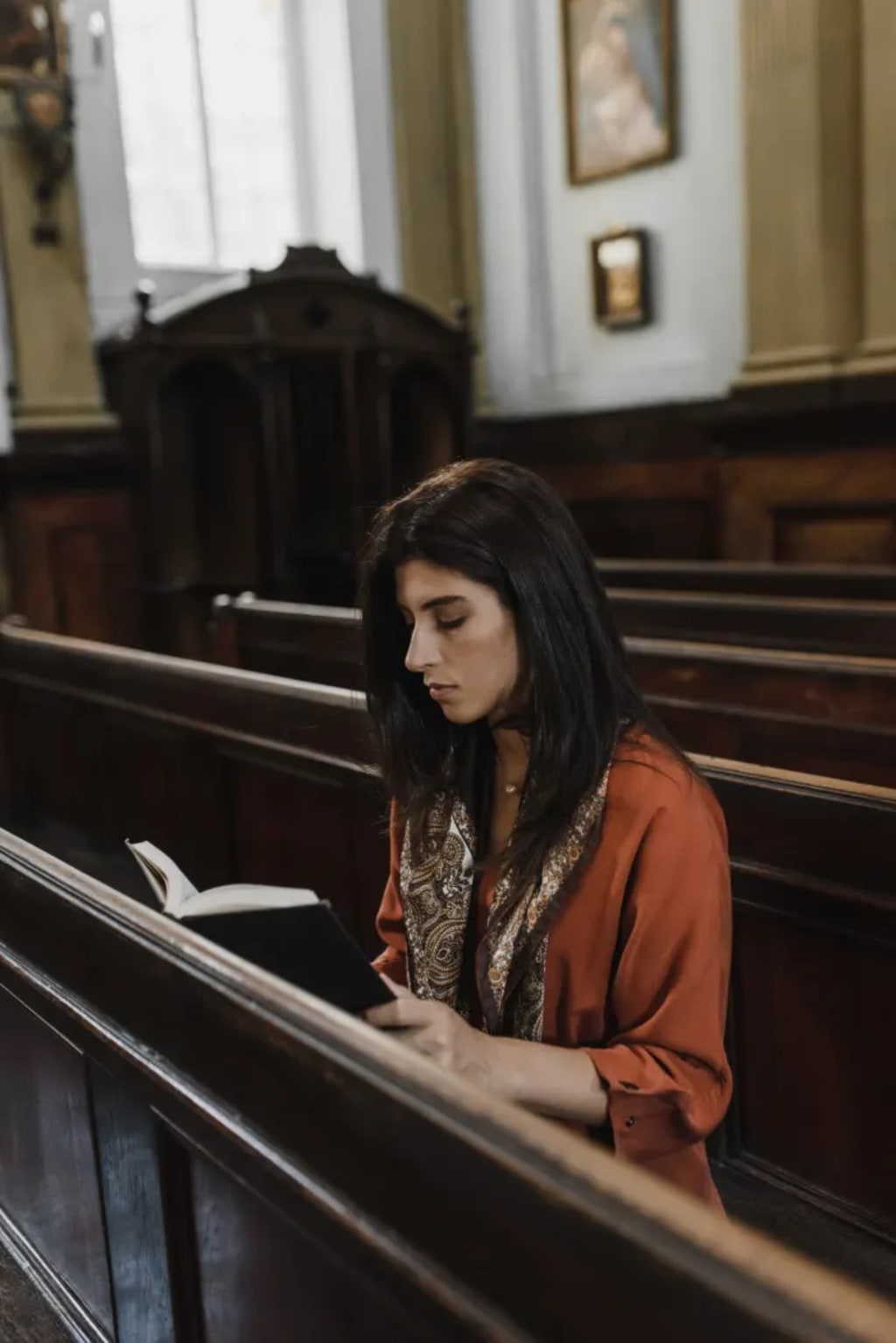The Old Testament Prophetesses
Isaiah's Wife and Huldah

Isaiah's Wife
Isaiah’s wife, the prophetess plays an important role in Isaiah’s life as well as in the kingdom of Judah. For she bore a son, Maher-Shalal-Hash-Baz. Before this child could cry “My Father” and My Mother,” the riches of Damascus and the spoil Samaria will be taken away before the king of Assyria (Isaiah 8:3, NKJ).
Isaiah’s wife is briefly mentioned in the book of Isaiah. Her name or who she was remains a mystery.
Isaiah’s wife, like her husband, was a prophetess which carries an important role. She, like her husband, would be able to tell what could happen, delivering messages from God, wisdom, and guidance to the people with the help of God.
Isaiah and his wife had two sons, Shear-Jashub, which means A Remnant Shall Return and Maher-Shalal-Hash-Baz which means quickly to plunder
Huldah
Huldah was a prophetess who lived during the reign of King Josiah in Judah and Jerusalem. This king did what was right in the sight of the Lord. King Josiah told Hilkiah the priest, Ahikam, Achbor, Shaphan, and Asaiah to bring the Book of the Law to Huldah, the prophetess. She then confirms that it is the Book of the Law.
Huldah was an Old Testament prophetess. We can read about her in 2 Kings 22:14–20 and 2 Chronicles 34:22–28. She was the wife of Shallum the son of Tokhath, the son of Hasrah, the keeper of the wardrobe. She lived in Jerusalem in the Second Quarter. Huldah of Hebrew origin means mole, sweet, and loveable.
She told the appointed men of the king what God told her to say. “Then she answered them, “Thus says the Lord God of Israel, ‘Tell the man who sent you to Me, 24 “Thus says the Lord: ‘Behold, I will bring calamity on this place and on its inhabitants, all the curses that are written in the book which they have read before the king of Judah, 25 because they have forsaken Me and burned incense to other gods, that they might provoke Me to anger with all the works of their hands. Therefore My wrath will be poured out on this place, and not be quenched.’ ” ’ 26 But as for the king of Judah, who sent you to inquire of the Lord, in this manner you shall speak to him, ‘Thus says the Lord God of Israel: “Concerning the words which you have heard — 27 because your heart was tender, and you humbled yourself before God when you heard His words against this place and against its inhabitants, and you humbled yourself before Me, and you tore your clothes and wept before Me, I also have heard you,” says the Lord. 28 “Surely I will gather you to your fathers, and you shall be gathered to your grave in peace; and your eyes shall not see all the calamity which I will bring on this place and its inhabitants.”’” So they brought back word to the king. (2 Chronicles 34:22–28, NKJ). Because King Josiah was humble before the Lord, he would not see the calamity of Jerusalem and its inhabitants nor would Huldah. Their descendants would see this happen.
We don’t know much about Huldah, but she was important since she was mentioned by name. We do know that she was given the privilege of being the one who spoke the prophecy of God to the king. Huldah gave the king hope that he wouldn’t see the destruction of his kingdom when he was alive. Can you imagine how it would feel to know that sometime in the future your home would be destroyed because in the past the people have disregarded the Lord and gone to idol worship?
Huldah teaches us that even though she was a woman, God still used her to speak His Words. This means that we need to do this today. We need to go out in the world and teach the word of God with boldness, courage, and honesty. We can still teach God’s Word even if we are women. Being a prophetess came with a huge responsibility. I wonder how many of us (women) could handle that not only back then but today if there were still prophetesses. Huldah must have had the strength she got from God to tell the King what would happen in the future.
In conclusion, Huldah the prophetess stands as a remarkable figure in the history of ancient Israel. Huldah’s unwavering commitment to her prophetic calling and her willingness to speak truth to power serve as an enduring example of courage and faith. Huldah’s story is a testament to the enduring power of faith, wisdom, and the belief that anyone, regardless of their background, can be a vessel for divine revelation and a beacon of hope in times of uncertainty. Her life serves as a reminder that history is filled with unsung heroes, and we must remember and honor their contributions, ensuring that their stories continue to inspire and guide us in our own journeys of faith and service.
About the Creator
Lisa Briskey
I love to write, crochet, and sew. I am a grandmother of a two-year-old granddaughter.
Follow me on Medium: https://medium.com/@lisabriskey5
And support me on my Ko-fi: https://ko-fi.com/lisaj or https://ko-fi.com/lisabriskey






Comments
There are no comments for this story
Be the first to respond and start the conversation.